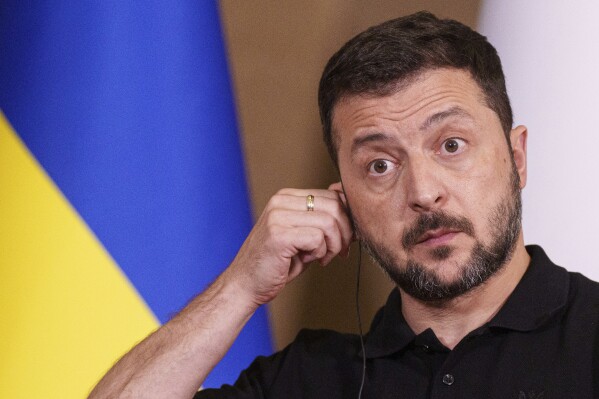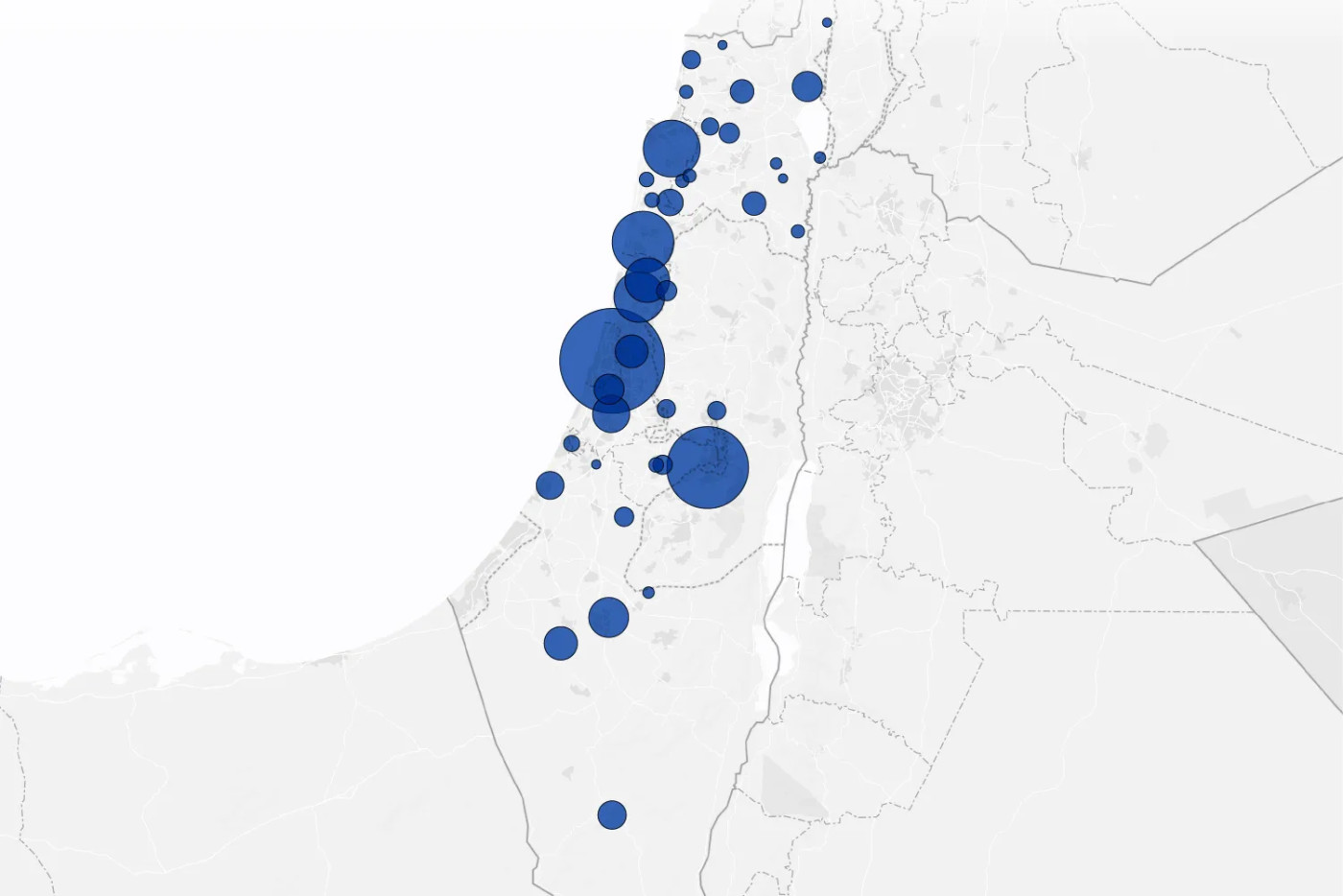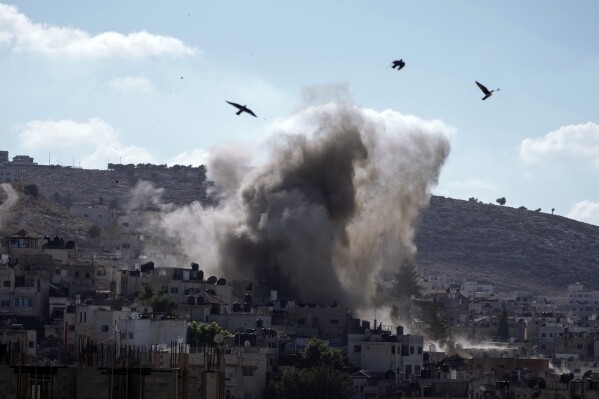Ukraine Picks at Putin's Weak Spot With Refinery Attacks
Russia's energy minister played down the impact of Ukraine's drone strike on a Russian oil facility, but the September 2 attack shows the continuing vulnerabilities of energy infrastructure critical for Vladimir Putin's military machine.
Sergei Tsivilev said Thursday there were no casualties or effects for consumers following the drone attack on Gazprom Neft's Moscow Oil Refinery in the latest drone strike attributed to Ukraine during the war started by Vladimir Putin, which has set Russian oil facilities alight, sometimes for days.
On the same day, a fire at the Kavkaz oil and petroleum storage facility in Proletarsk was finally extinguished after burning for 16 days.
"We need to target Russia where it is really painful," said Hannah Shelest, director of Security Programmes at the Foreign Policy Council, Ukrainian Prism, in Kyiv.
"Russian air defense is really good," she told Newsweek. "The question is, can you have enough of them in the proper places?"
"They put a lot of around Moscow, they put a lot around the airport," she said.
"Russians need to bring a lot of their mobile defense to the frontline," she added, "but they need to take it from somewhere."
Shelest, a nonresident senior fellow at the Center for European Policy Analysis (CEPA), said that most refineries are private rather than state property and so have not been prioritized for protection, offering Kyiv an opportunity to exploit.
"The refineries are not protected with the same type of air defenses as military objects," she said. "At the same time, refineries and the energy sector are the biggest contributors to the Russian state budget."
Ukraine does not claim direct responsibility for strikes on Russian territory, but Shelest says the attacks on oil sites take place "when you have your drones, when you have your reconnaissance and when you understand that it is the proper moment to do it."
"You're just doing it when you can do it," she added.
Newsweek reached out to the Russian Defense Ministry for comment.
Ukraine's hits on oil facilities make it as difficult as possible for Russia to keep its frontline troops supplied, but the drone strikes also target military sites, like airfields and arms depots. Air bases in Russia's Voronezh, Kursk and Nizhny Novgorod regions were targeted last month, with one attack reportedly damaging a Russian aircraft.
In June, Ukrainian President Volodymyr Zelensky said that over 30 oil refineries, terminals, and oil depots "of the terrorist state have been hit." Sites in Kirov and the Atlas oil depot in the southern Rostov region were hit alone in the last week.
Russia has been steadily reducing the publicly available data on its oil industry, making it difficult to assess the economic and supply impact of such strikes. Figures from the state statistics agency Rosstat in May point to relatively stable domestic gas prices at the pump within Russia.
But in an analysis published in June, Carnegie Russia Center senior fellow Sergey Vakulenko wrote that one of the biggest impacts of the attacks is the cost of repairs, which is "probably in the vicinity of tens of millions of dollars per plant."
While this delivers a good cost-benefit ratio compared with the price of a drone, "it is very far from the initial hopes and estimates of billions," he added.
However, demonstrating the ability to strike at sites thousands of miles apart delivers a morale boost for Ukraine and highlights the difficulties that Russian air defense has in covering such a vast area.
"The short-range area defense that Russia has, like the S-300s, are made for fast flying jets and missiles, not small slow flying UAVs," said Ryan Gury, CEO and co-founder of drone technology company PDW.
"We're so used to missiles or cruise missiles following somewhat of a linear trajectory," he told Newsweek. "Some of these oblasts that they targeted just over such a wide area, and they can change their flight paths to go around Moscow."
"It's not just a parabolic trajectory or a straight trajectory. They're flying these small drones in complex waypoints."
Disclaimer: The copyright of this article belongs to the original author. Reposting this article is solely for the purpose of information dissemination and does not constitute any investment advice. If there is any infringement, please contact us immediately. We will make corrections or deletions as necessary. Thank you.


